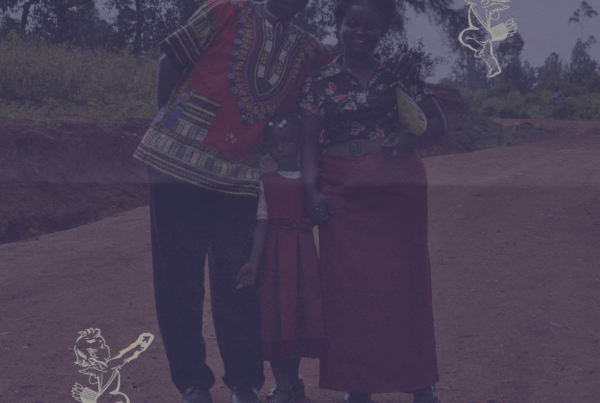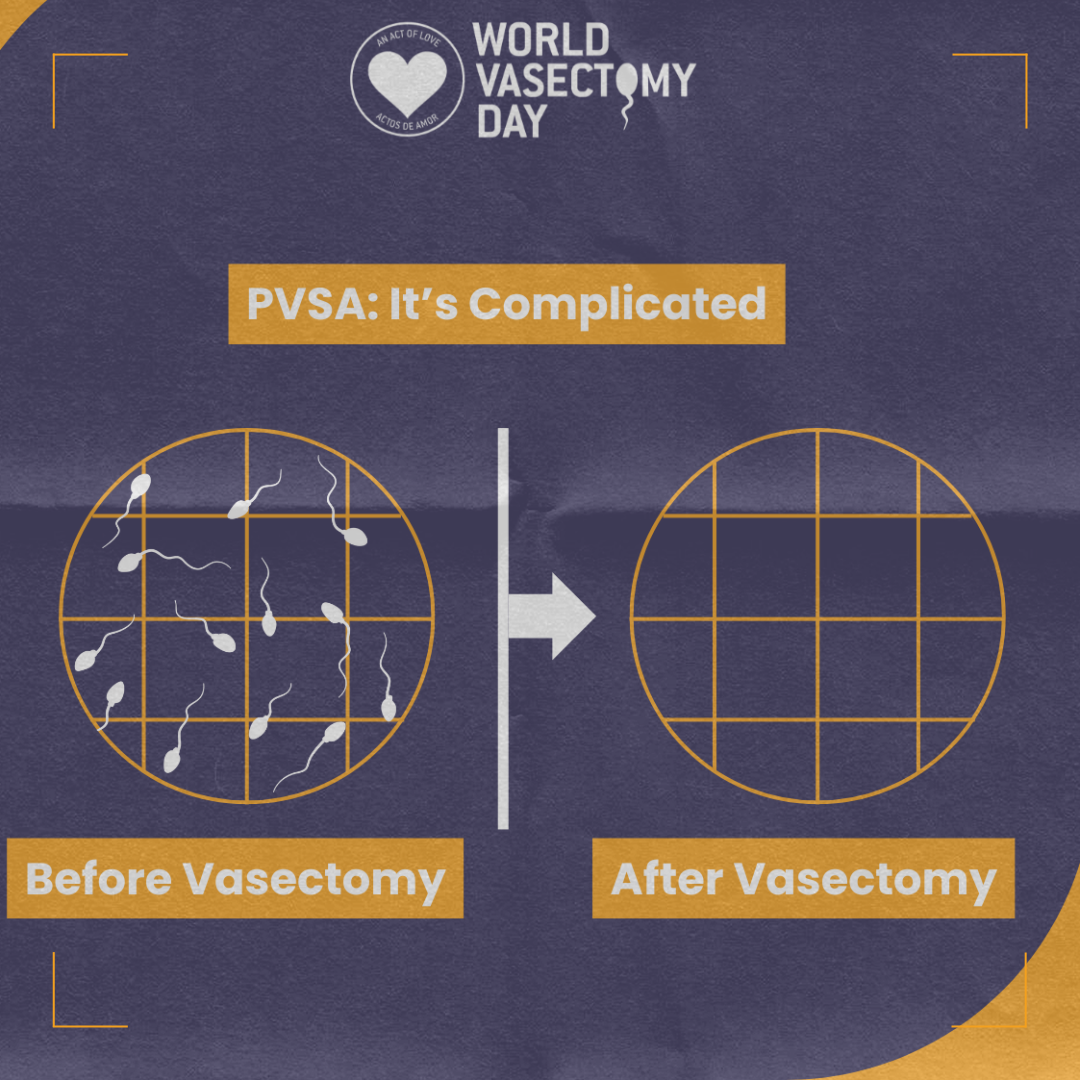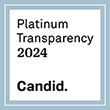WVD in Latin America and The Caribbean
El Salvador Strengthens Its Health System With Specialized No-Scalpel Vasectomy Training
The Ministry of Health of El Salvador, with support from the United Nations Population Fund (UNFPA), the Social Security Institute, and the international organization World Vasectomy Day (WVD), held an intensive no-scalpel vasectomy training program from September 6 to 12, marking a significant step forward in male sexual and reproductive health.
Training for Sustainability
The initiative aimed to train six Salvadoran physicians as new vasectomy providers and to prepare one local trainer, ensuring the sustainability and expansion of this technique across the country. This program is a strategic move to broaden access to safe, free, and high-quality contraceptive services while promoting responsible masculinities.
International Expertise and Hands-On Learning
For five days, internationally recognized trainers—Dr. Michel Labrecque, Dr. Eloisa González, and Dr. John Curington—shared their expertise with Salvadoran professionals under the coordination of Silvana Resendy, WVD Regional Director for Latin America and the Caribbean.
The training combined theoretical sessions, clinical practice, and personalized mentoring. According to the schedule, activities included:
- Evidence-based lectures on vasectomy, post-operative complications, and quality standards.
- Practical training with the VasectoPro™ simulator to refine skills before operating on real patients.
- Clinical cases at the Hospital de la Mujer, where participants progressively performed procedures under supervision, completing a total of 142 vasectomies over multiple sessions.
Daily feedback sessions ensured continuous, high-quality learning.
Public-Health Impact
This joint effort expands the availability of male contraceptive services and advances gender equity by encouraging men to share responsibility in family planning. The provision of medical supplies and educational materials will enable new providers to replicate their training in their own communities, benefiting thousands of Salvadoran families.
A Regional Model
“This training not only prepares physicians, it transforms cultural paradigms around family planning and reproductive rights,” emphasized the WVD team.
The initiative positions El Salvador as a regional leader in male reproductive health and opens the door to future trainings across Central America.








